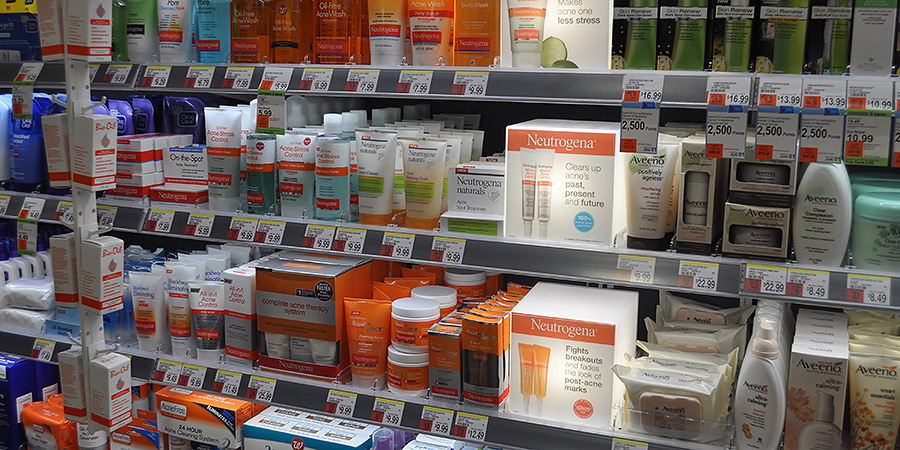Preservative Paradox

It's true; without preservatives, every biological item we buy would perish faster than we could consume it. It would be a never-ending chaos of replacement. So it sounds like preservatives are necessary, doesn't it? But does that give them the right to be dangerous? This is something I fondly call the "Preservative Paradox".
Like with any story, there are at least 2 sides. Some people rely on preservative-laced products to live their lives. Food, drink, toiletries...They can't afford to be replacing these products on a day to day basis. And it's convenient if these products can last for as long as we need them to. But the other side is that it's a good thing for items we consume to be preservative free; for them to degrade naturally and to replace them so that it's all fresh. It's not convenient, but it's healthy.
Personally, I never understood people who would buy something because it had the ability to stay on the shelf for years. Is that not alarming? A lipstick you've had for years and you don't even blink an eye at using it? Or a box of snacks that can sit in your pantry for a few years? Would you really eat it a year later?
As it is right now, I'm not sure there is a successful natural preservative. The agencies in charge of these matters believe that "natural" is equivalent to "unstable". And all ingredients, even natural ones, are engineered and interfered with in order to make them more "stable" and "safer" for public use. What that means to them is using chemicals that are dangerous, and are made to preserve to the best of their scientific ability, which then means they stop living cells from functioning. Our bodies are in a constant state of decay and renewal, and these chemical preservatives try their best to break this cycle. And for what? For the sake of a can sitting on a shelf? How ridiculous.
So what can you do? We're all in a position to change the way these companies think about preservatives. Become aware. Think before you buy, never buy too much, and support the alternatives.
Published 9/11/2014 by Victoria
